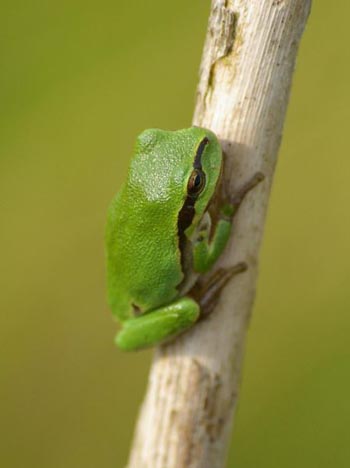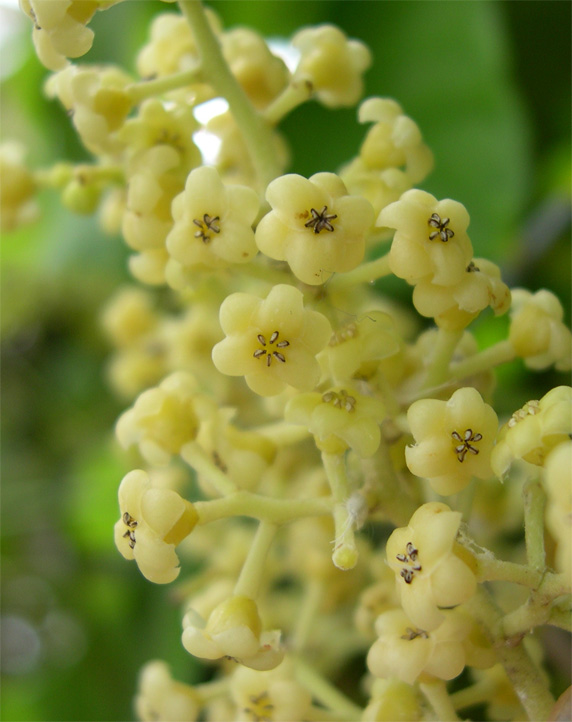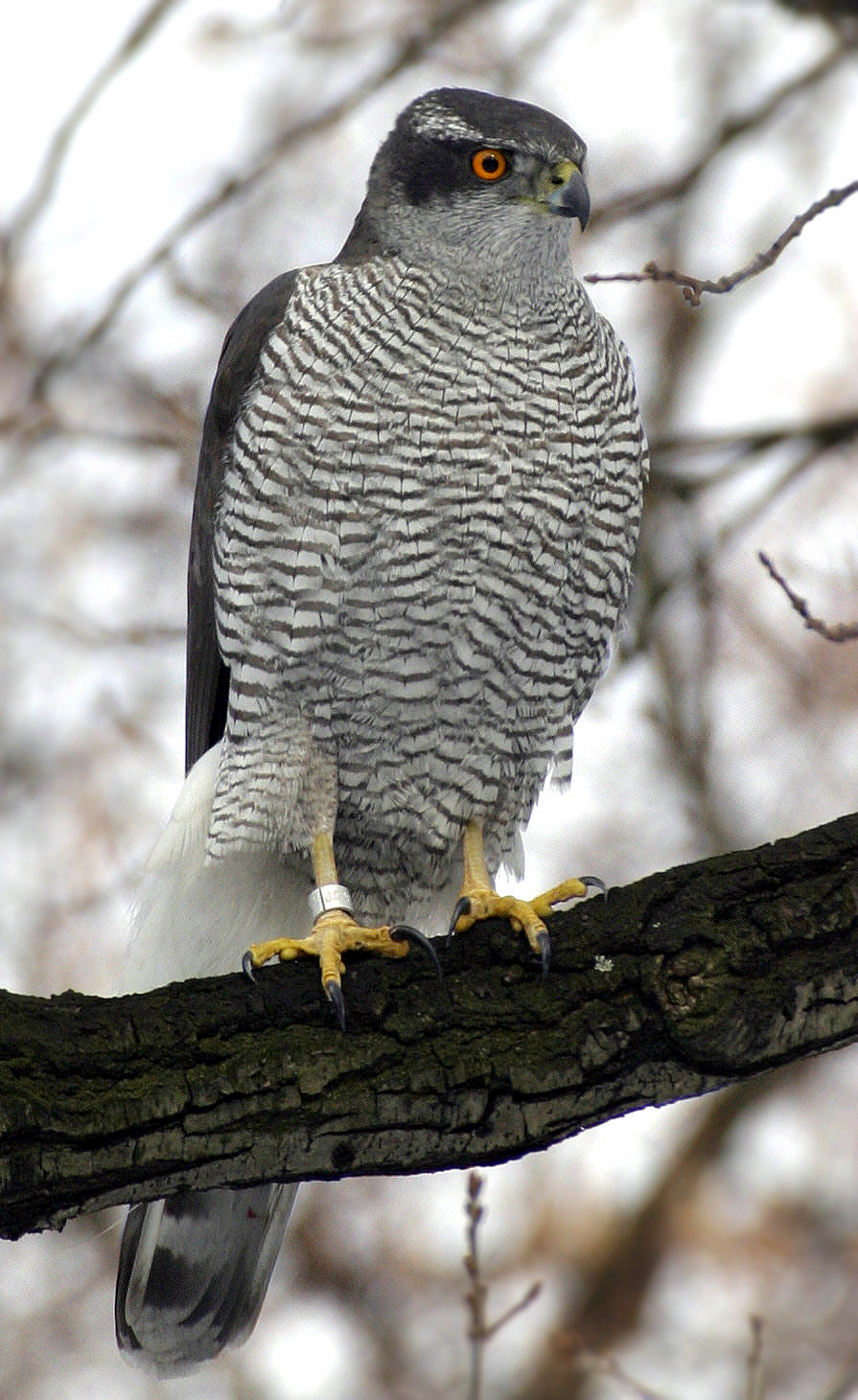Lovely, M!
Thank you for publishing Quaker-informed World University and School's first (paid for) advertisement on printed page 38 of the September October 2013 issue of "Western Friend" magazine (
http://westernfriend.org/tag/septemberoctober-2013/) - and for editing it well, as well!
Quaker-informed
World University
and School
Like Wikipedia with MIT OCW.
We seek high school students to
apply autumn 2013 to matriculate
online in autumn 2014, earning free,
MIT OCW-centric, undergraduate
degrees.
http://scottmacleod.com/
worlduniversityandschool.htm
Friendly regards,
Scott
*
Hi Nontheist F/friends,
My eyes lighted up about a week ago when I saw the word 'nature' (juxtaposed in a nontheistically Friendly way with the word 'God') in an email by Oz, and then with this email conversation today touching on 'nature' (personalized in a Friendly way by Oz) this morning. I find myself returning in a nontheistically f/Friendly way again and again to queries concerning nature and eliciting the neurophysiology of loving bliss naturally -
http://worlduniversity.wikia.com/wiki/Loving_Bliss_(eliciting_this_neurophysiology) - ('the valley of love and delight' from the Shaker song, "Tis a Gift to Be Simple," and in somewhat Friendly language), as well as to what we might Quakerly learn about peace, gatheredness (corporate, Friendly centering?), and NtFriendly organizing (e.g. Meetings), as NtFs from what I'm calling primatological narratives of common chimpanzees (e.g. primitive war), Bonobo chimpanzees (e.g. nonharming), orangutans and gorillas, all our closest, genetic relatives in an evolutionarily biological sense, and therefore vis-a-vis nature, about which our NtF email conversation coming on 10 years seems to open possibilities ... e.g. broadly, if nontheistic, then nature, then evolutionary biology, then human primates, then commonalities with other species of primates, then NtF Friendliness in these senses (which most of our emails explore in one way or another). All of the above are perhaps my NtF leadings, as well.
So I danced over to the Oxford Companion to Philosophy" (2005, new edition, in print, and edited by Ted Honderich) to look up 'nature' and 'God' for learning purposes (which I'm typing part of it here, but see -
http://www.oxfordreference.com/view/10.1093/acref/9780199264797.001.0001/acref-9780199264797-e-1709?rskey=YaATm6&result=1711).
"
nature. As with a very large number of concepts important to philosophers, 'nature' is a term with various meanings. Three seem especially worthy of note.
First, by 'nature' we mean everything that there is in the physical world of experience, very broadly construed. The universe and its contents, in short. To be natural is to be part of this world, and its distinguishing feature is usually taken to be the universal action of *laws, meaning unbroken regularities. For philosophers like Plato ...
The second sense of 'nature' identifies with the living world (past and present) as opposed to the non-living. It is such a distinction that one intends when one speaks of a museum of natural history. The burning philosophical problem here is chiefly that of definition and demarcation. Today we think that the world of organisms is the product of *evolution, beginning (on our earth) almost four billion years ago. Does this then mean that we can distinguish a mammal from a lump of rock only in terms of their respective histories, or will there be essential defining characteristics of the living which set the two aside? ...
To the Darwinian, as to the natural theologian, the mark of such organization is that it sustains 'adaptation', whereby the features of organisms promote the survival and reproduction of their possessors. It should be noted that, although this may all be of value to the individual organism, in a world which has produced the AIDS virus it is not immediately obvious that because something is living it thereby inherently possesses absolute value. ...
The third sense of 'nature' is that which sees everything, especially the organic world, set off against humans and the consequences of their labours. It is this sense which is being invoked when breakfast cereals are described as natural, and the real point of philosophical controversy arises over whether one should argue that it is nature in its raw pristine state which is truly good and worth while, or if one should argue that it is only inasmuch as nature has been altered and cultivated by humans that true worth appears. Although the organic-food industry thrives on the first disjunct, there have been many ready to endorse the second. To John Stuart Mill, for instance, it was clear that 'the very aim and object of action is to alter and improve Nature'.
Perhaps the best way out of this seemingly insoluble dilemma is to recognize that, as with those who have tried to characterize *human nature, the very attempt to draw the distinction is to invite sterile disputes. Although the science of ecology is still at a relatively primitive state, it is very clear that interference in one part of nature (in the present sense) is liable to have unexpected and unwelcome consequences elsewhere. But not to interfere is no less liable to be disastrous, especially if the animal side of *human beings is included in this conception of nature and only our intellectual abilities are excluded and barred from taking action."
In our NtF conversations about nature over the years, I've most often in the past referred to the second OCP meaning here, and especially perhaps vis-a-vis our closest primate relatives, as offering narratives, from nature or evolutionary biology, from which we might learn, as NtFs, that unprogrammed Quakers who believe in the Divine, might not otherwise be able to learn from, and as Friends.
In bringing into conversation the OCP here, I also would like to bring into conversation more philosophy with NtFs, which we in our emails often touch on, and from personal and Friendly-informed perspectives, but which conversation might flourish in new ways with such philosophical treasures in the OCP.
Yay for nature as NtFs, and symbolizing about it.
Friendly greetings,
Scott
*
For WUaS, wiki, subject pages on a) 'Nontheist Friends/Atheist Quakers,' as well as b) 'Quakers,' c) 'eliciting loving bliss neurophysiology,' d) 'primates' and e) 'Bonobo,' see these WUaS Subjects here -
http://worlduniversity.wikia.com/wiki/Subjects - with an invitation to openly teach and learn about these.
...
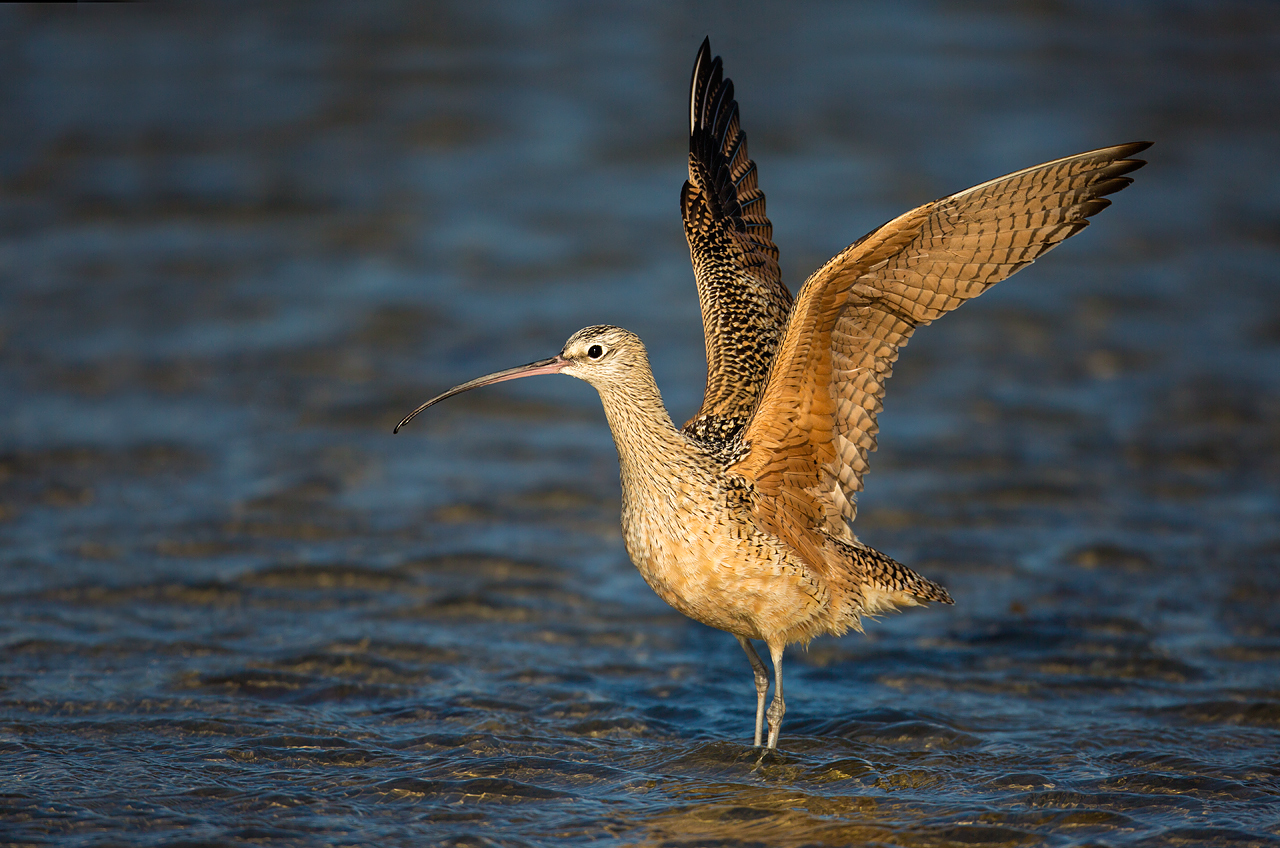
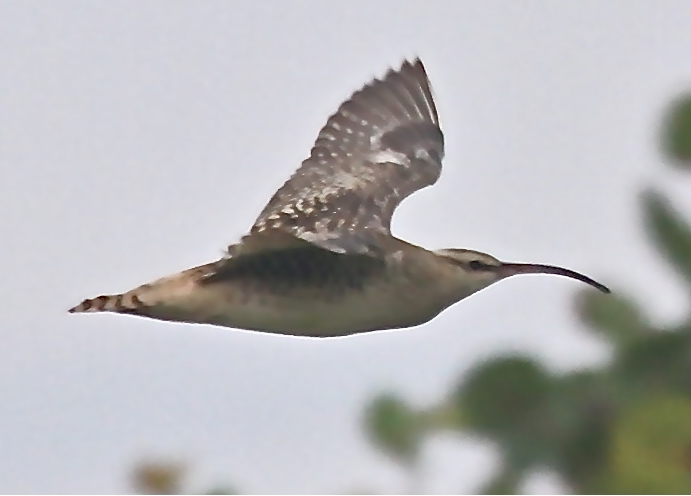
_in_flight.jpg)


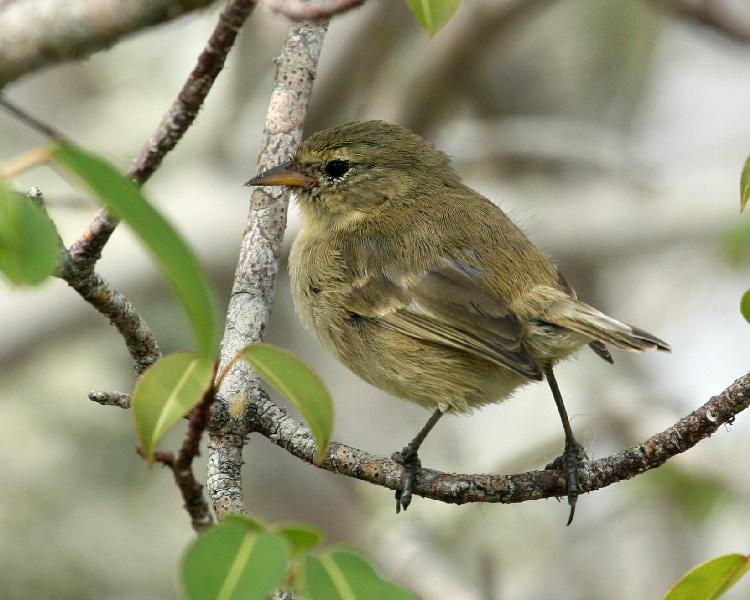


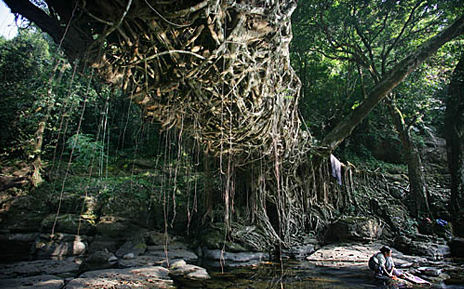
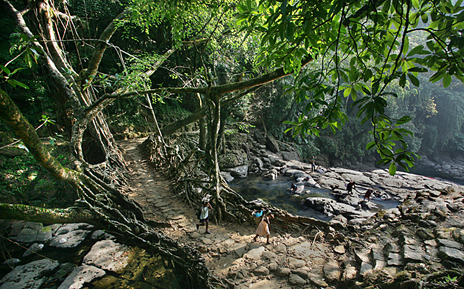

h(252)c(1)q(90)/4619503ce504b209d45bbaaad6a70fea.jpg)

